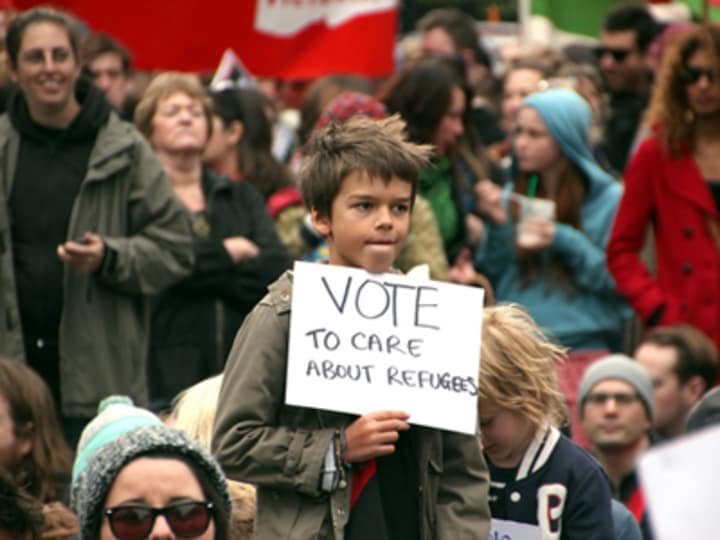
Australia announced on Friday drastic cuts in the foreign aid budget to redirect part of those funds to manage processing centers for asylum seekers in Papua New Guinea.
The cuts was included in the government’s economic statement for August and amount to a total AU$879 (about $782 million) in the next four years.
Despite this, Australian treasurer Chris Bowen insisted that the government is still on track to deliver on its promise to boost official development assistance to 0.5 percent of gross national income by 2017. “But we will get there in a different profile,” Bowen explained in a statement presented along with the economic review.
“I would emphasise that our expenditure in both dollar amounts and as a percentage of GNI will continue to grow and the aid budget will still reach AU$5.7 billion in 2013/14, Australia’s largest aid budget in history,” added finance minister Penny Wong.
Foreign aid woes
Under former chief executive Julia Gillard, Australia first promised to reach that target in 2015, but then first delayed it to 2016 last year, and finally to 2017 in May.
Prime Minister Kevin Rudd, who replaced Gillard just a few weeks ago and a staunch supporter of foreign aid, was expected to push the development agenda, and even appointed Melissa Parke as Australia’s first development minister since 1996.
However, the deal for Papua New Guinea to take care of the asylum seekers is expected to cost at least AU$1.1 billion, not including the AU$420 million that the country will receive in aid to support health, education, justice, law and order and transport programs.
Wong pointed out that relocating the refugees will also save about $423 million, so one cost would practically offset the other.
Aid groups blast cuts
Shortly after the foreign assistance budget cuts were announced, aid groups chided the Australian government for not keeping its promises.
“Every time we cut our promised aid spending, it means more people will have to wait even longer to access essentials such as clean water, better healthcare and education,” said Oxfam Australia acting public policy and advocacy manager Kelly Dent, who added: “The purpose of Australia’s overseas aid budget is to fight poverty. It is not an ATM for the government to meet its domestic financial commitments.”
World Vision Australia CEO Tim Costello noted that “aiding Australia’s aid budget to secure a surplus is deeply disappointing” and asked Rudd to clarify where the money for new assistance to Papua New Guinea will come from.
“What works with aid is predictability and these constant and ongoing cuts to aid programs have a tremendously detrimental effect on sustaining the achievements that have been made and also threaten the opportunity to finally condemn extreme poverty to the annals of history,” said Norman Gillespie from UNICEF.
Read more development aid news online, and subscribe to The Development Newswire to receive top international development headlines from the world’s leading donors, news sources and opinion leaders — emailed to you FREE every business day.


